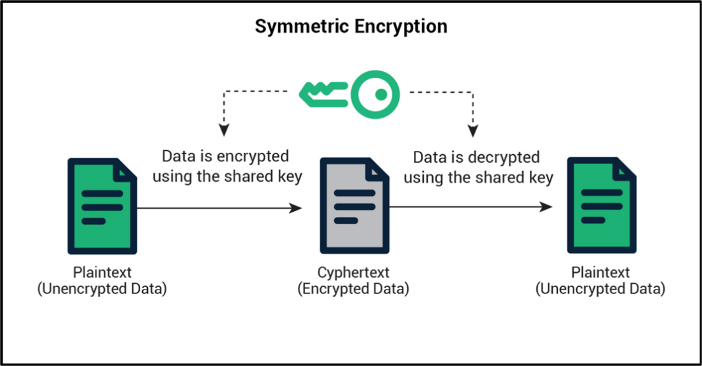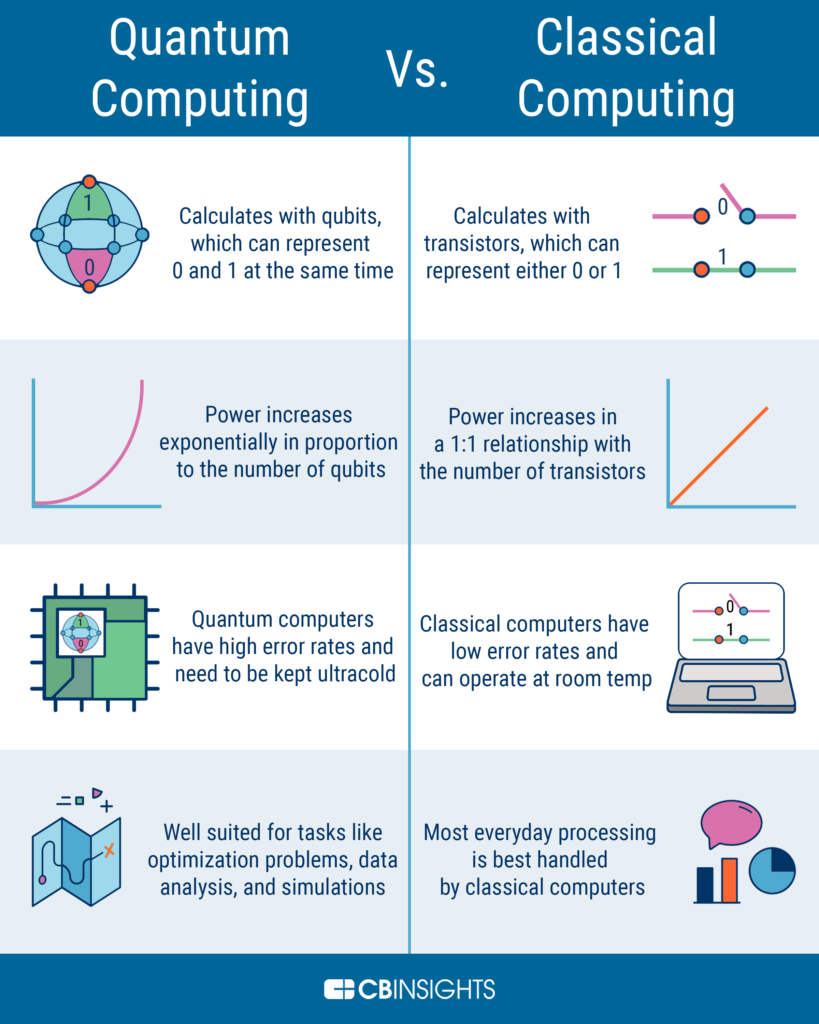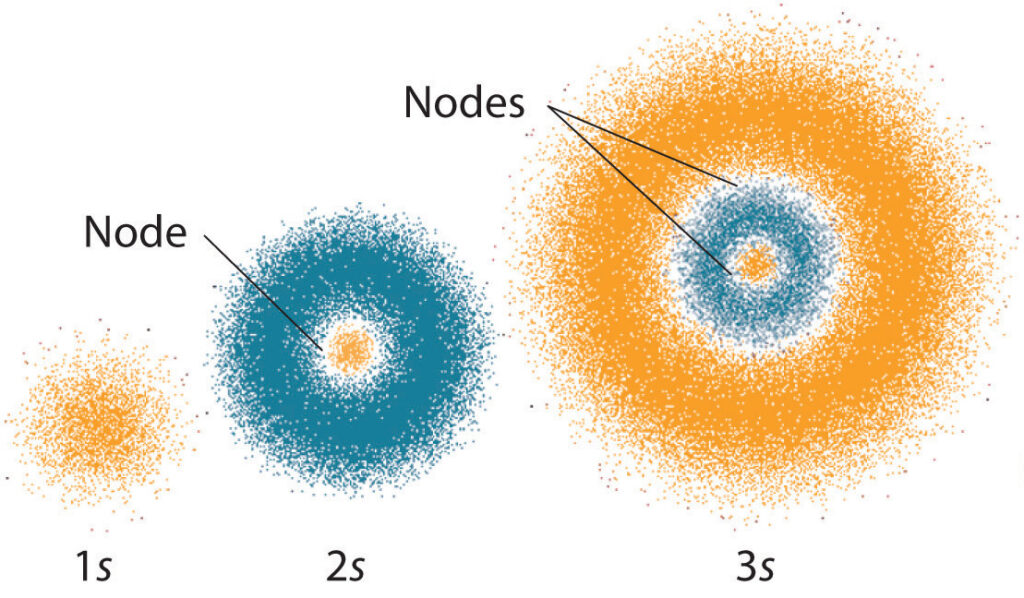As technology continues to advance at an unprecedented rate, the topic of quantum computing becomes increasingly relevant. Quantum computing is a type of computing that uses quantum-mechanical phenomena, such as superposition and entanglement, to perform calculations. While this technology has the potential to revolutionize many industries, it also poses a significant threat to current encryption algorithms.
Encryption algorithms are used to secure data and protect it from being accessed by unauthorized individuals. However, with the advent of quantum computing, many experts believe that these algorithms may no longer be sufficient. The immense computational power of quantum computers could potentially break the encryption codes that currently protect our most sensitive information, leaving it vulnerable to cyber threats. In this article, we’ll explore the current state of encryption algorithms and whether they can survive the emergence of quantum computing.
Current encryption algorithms are not designed to resist a quantum computer, so they are likely to be broken by a quantum computer. However, there are new quantum-resistant algorithms being developed that can survive a quantum computing attack. These algorithms are designed to be secure against quantum computers and are expected to be adopted by the industry in the future.

Can Current Encryption Algorithms Survive Quantum?
In recent years, the rise of quantum computing has presented a new challenge to the security of current encryption algorithms. Quantum computers have the potential to break modern encryption, meaning that new algorithms must be developed to ensure the security of data. This article looks at the implications of quantum computing on current encryption algorithms and examines the potential solutions that could help to mitigate the impact.
What is Quantum Computing?
Quantum computing is a form of computing that makes use of quantum mechanics, the study of the behavior of particles on the atomic and subatomic level. This type of computing is capable of performing calculations much faster than traditional computers, as it can take advantage of the unique properties of quantum particles. This makes it possible for quantum computers to solve certain types of problems that traditional computers are unable to solve.
Quantum computers have the potential to revolutionize the way we store and process data, however, this also means that they could pose a significant risk to current encryption algorithms. This is because quantum computers are capable of quickly breaking complex encryption codes that have been used to protect data.
Implications of Quantum Computing on Encryption Algorithms
The rise of quantum computing has raised concerns about the security of current encryption algorithms. As quantum computers become more powerful, they could potentially be used to break current encryption codes, which could have serious implications for the security of data.
To prevent malicious actors from taking advantage of quantum computing, new encryption algorithms must be developed. These algorithms must be able to resist attacks from quantum computers, while still providing the same level of security as traditional encryption algorithms.
In order to develop these new algorithms, researchers must first understand how quantum computing works and how it can be used to break modern encryption. They must also develop new techniques for protecting data against quantum computers.
Potential Solutions
One potential solution is to develop algorithms that are resistant to quantum computing. These algorithms must be able to resist attacks from quantum computers, while still providing the same level of security as traditional algorithms.
Another potential solution is to use multiple encryption algorithms in order to protect data. This could help to mitigate the risk posed by quantum computers, as it would be difficult for them to break multiple layers of encryption.
Finally, researchers are also exploring the use of quantum-proof encryption algorithms. These algorithms are designed to resist attacks from quantum computers, and could help to protect data from potential attacks.
Conclusion
The rise of quantum computing has presented a new challenge to the security of current encryption algorithms. Researchers must develop new algorithms that are resistant to quantum computing, as well as techniques for protecting data against quantum computers. By doing so, they can help to ensure the security of data in the future.
Frequently Asked Questions
Quantum computing has emerged as a serious threat to current encryption algorithms. Here are some frequently asked questions about the effect of quantum computing on encryption algorithms.
Can current encryption algorithms survive quantum?
The short answer is no, current encryption algorithms will not survive quantum computing. This is because quantum computers are much more powerful than traditional computers and can solve complex mathematical problems much faster. This means that quantum computers can easily break through current encryption algorithms, as they can solve the complex mathematical equations involved in encryption algorithms much faster.
The long answer is a bit more complex. It is possible that some current encryption algorithms may be able to survive quantum computing, but it is unlikely. This is because quantum computers can solve complex mathematical problems with much greater speed and accuracy than traditional computers. This means that even if one or two current encryption algorithms may be able to survive quantum computing, it is highly unlikely that all of them will. It is also possible that new encryption algorithms may be developed to counter the threat of quantum computing, but this remains to be seen.

In conclusion, the rise of quantum computing has raised concerns about the security of current encryption algorithms. While quantum computing has the potential to break traditional encryption methods, researchers are working tirelessly to develop new encryption algorithms that can withstand quantum attacks. It is important to note that quantum computing is still in its infancy, and it will take some time before it becomes a real threat to current encryption methods.
As technology continues to advance, so do the methods used to protect sensitive information. The development of quantum-resistant encryption algorithms is a necessary step to ensure the security of our data in the future. It is important for individuals and organizations to stay informed about the latest advancements in encryption technology and take necessary precautions to protect their data. While the future of encryption is uncertain, one thing is clear – the need for secure communication and data protection will continue to be a top priority for individuals and businesses alike.



